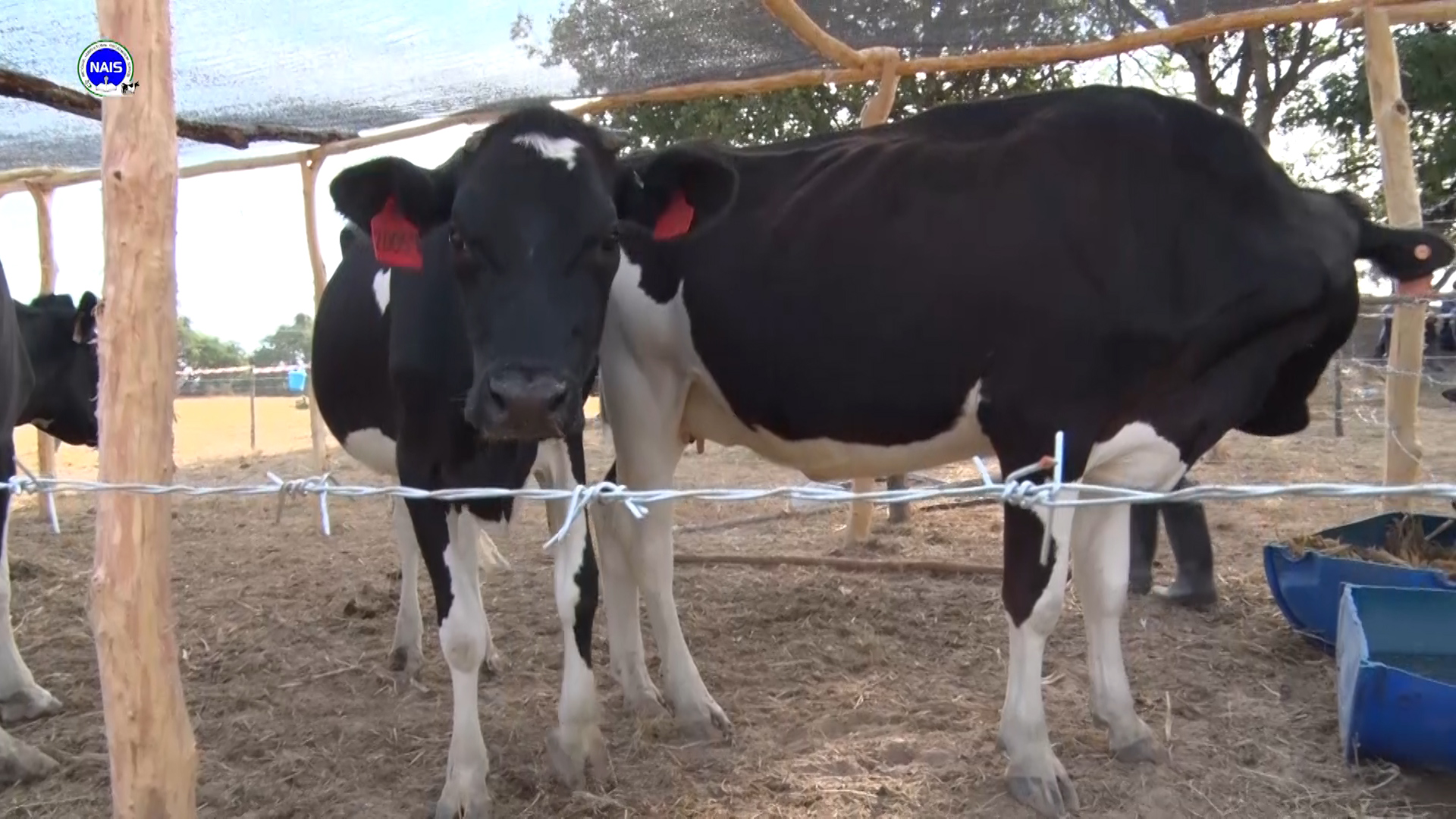
The Ministry of Fisheries and Livestock through the Golden Valley Agricultural Research Trust {GART) has accelerated use of agricultural smart technologies in production of pastures for livestock.
Monze fisheries and Livestock Technician Jimmy MUSUKWA says production of pastures from various legumes such as cowpeas, sorghum, Maize, and other grasses has been intensified.
Read more
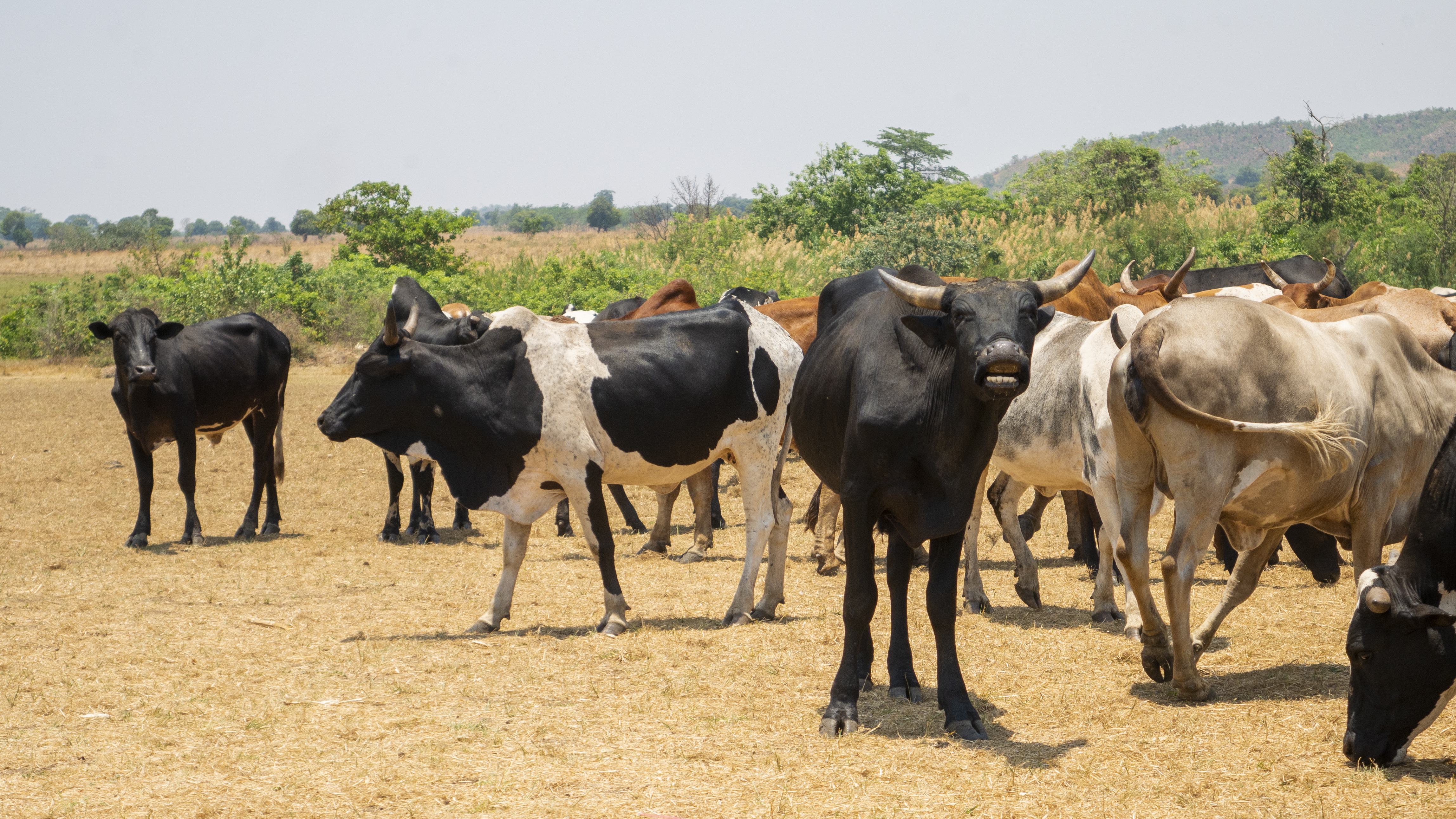
THE need for interventions aimed at managing Rangelands cannot be over stated as they play an
integral role in improving livestock Productivity and effects of climate change mitigation.
Rangeland degeneration is mainly triggered by overgrazing which leaves the land susceptible to
various Natural hazards such as wind and water erosion...
Read more
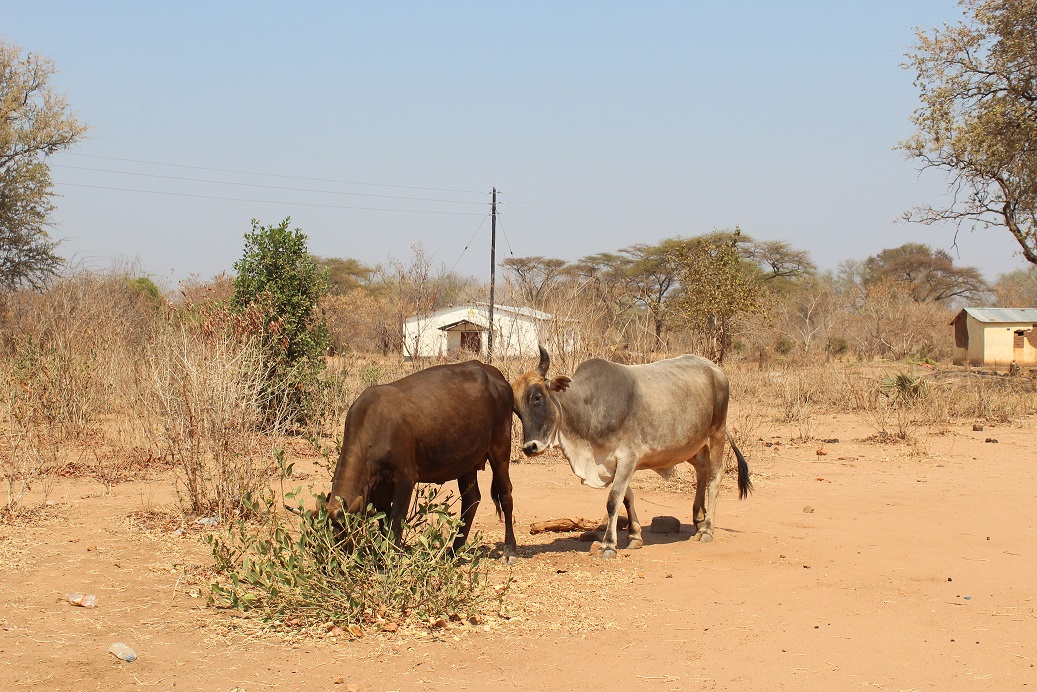
As the effects of climate change continue to reveal themselves in the livestock sector, rural
farmers are being compelled to make aggressive efforts towards enhancing their resilience and
ultimately protect their livelihoods.
In valley areas such as Chirundu, a grim scenario exists which continues to hinder farmers’
capacity to grow their livestock population most especially cattle...
Read more
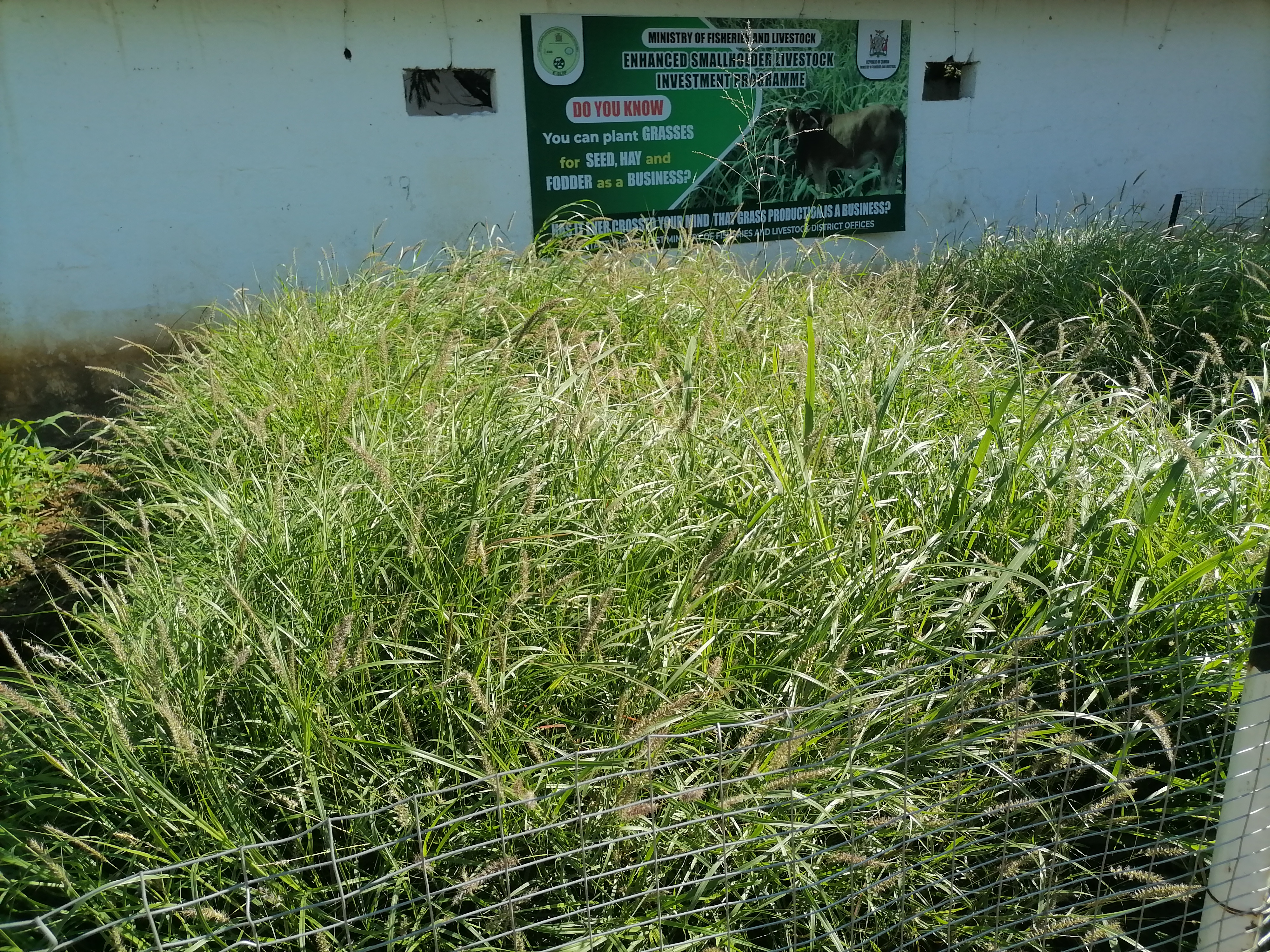
Sustainable Pasture Management for Livestock requires more training of every stakeholder if both
the beef and dairy industries are to thrive and contribute towards the Zambia’s Gross domestic
product (GDP).
To help enhance pasture production in the country, Government through the Enhanced Smallholder
Livestock Investment Program (E-SLIP) has been engaging farmers on pasture management
technologies and more than 50-thousand farmers across the country have so far been trained.
...
Read more
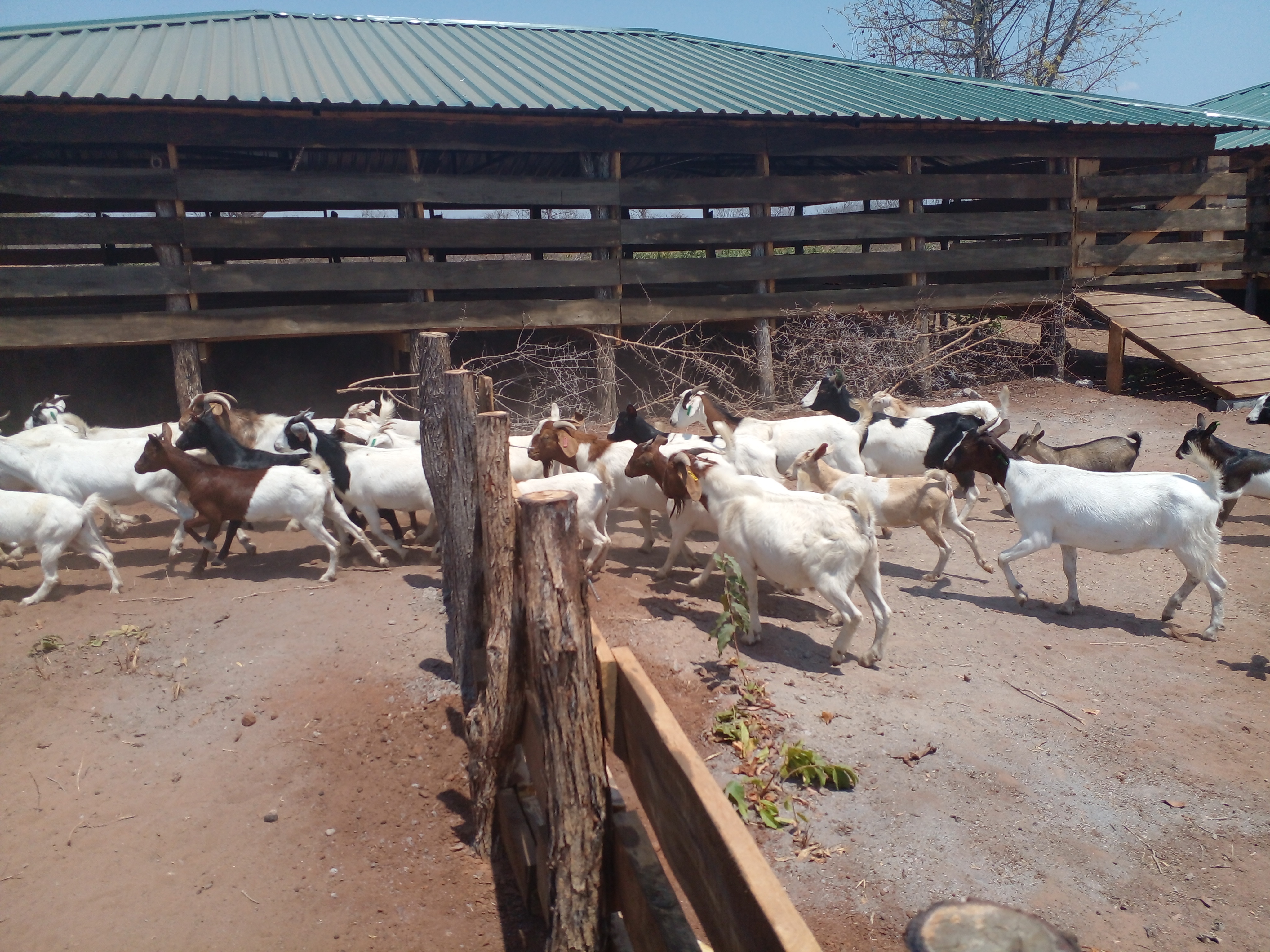
LACK of exotic breeds with high market value, lack of a breeding centre and market centre as well
as good goat management practises are among the major challenges smallholder farmers engaged in
goat rearing are faced with. These farmers often lack appropriate knowledge and technical
expertise for them to easily attract and penetrate the market with quality produce.
These problems call for various interventions to assist farmers in empowering them with knowledge
in a much more structured manner in value chains of their interest. This was the case with
livestock farmers in Chirundu, in particular goat rearing. ...
Read more
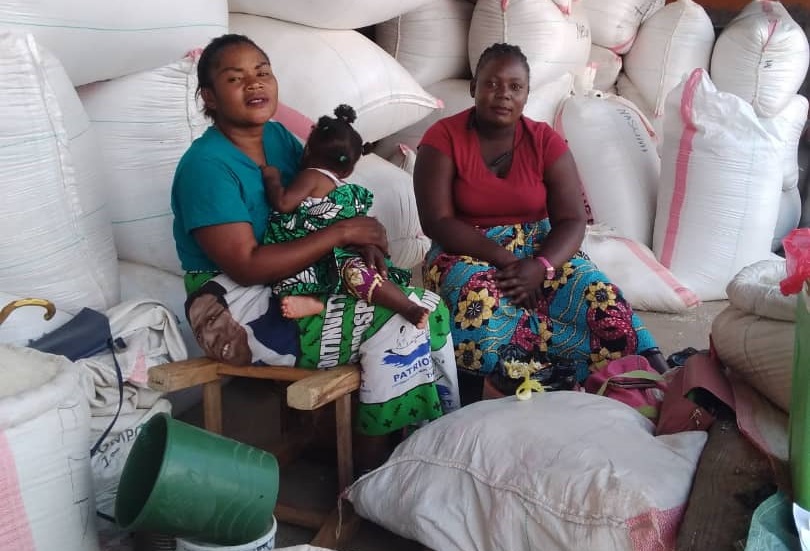
SARAH Chanda has been selling rice for the past 48 years, she is an epitome of resilience and
perseverance in a trade that was largely dominated by men when she was just starting out.
She has wandered all the rice hot spots in Isoka district in Muchinga province in search of good
quality rice to buy for the lucrative Copperbelt and Lusaka markets. ...
Read more
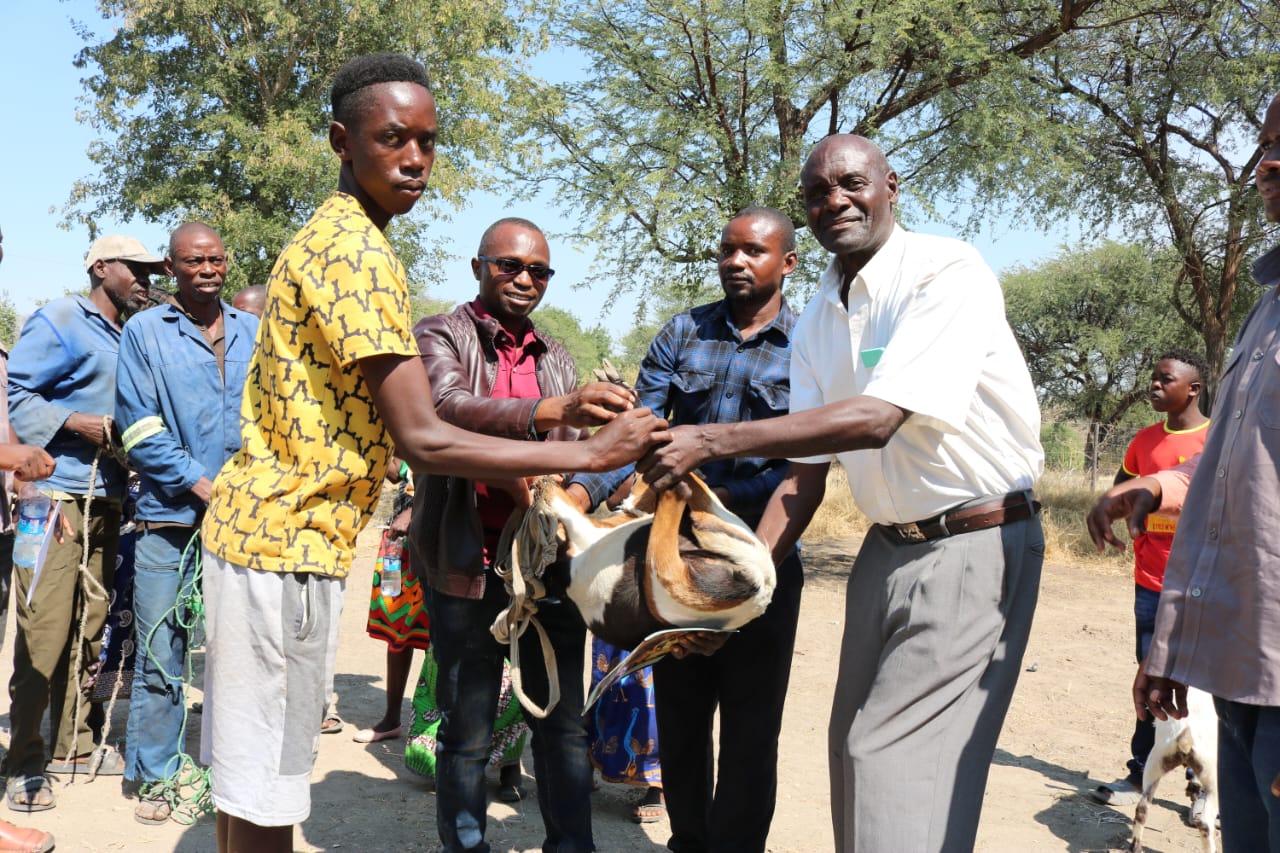
GOVERNMENT is elated by Maka Multipurpose Cooperative’s success in the Enhanced Smallholder
Livestock Investment Programme (E-SLIP) goat pass on programme. During the recent pass on, 60
goats were passed on to 12 beneficiaries who received five goats each.
Speaking at the pass on event, Sesheke District Commissioner, Alex Namenda said that such
programmes are a testament of what communities can achieve if they formed groups and worked
together. ...
Read more
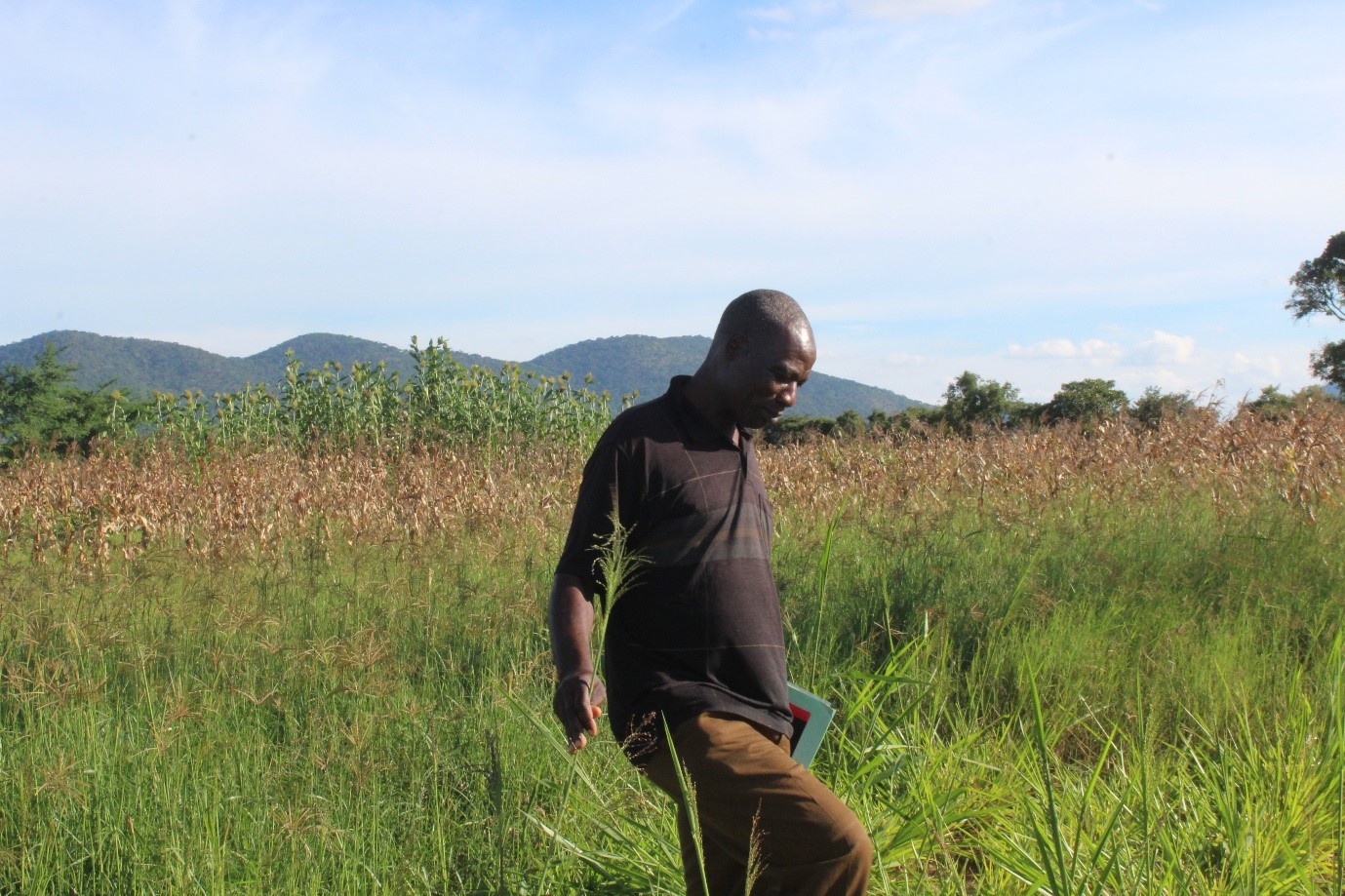
Making smallholder livestock farmers resilient to climate change involves enlightening them to
enhancing good animal nutrition practices among other things.
Farmers in rural Zambia depend heavily on rain-fed agriculture. As such, their household ...
Read more

Livestock farming is one of the most important economic activities in many rural
communities, especially in Zambia. It provides food and is a source of income and
nutrition for rural communities. The Ministry of Livestock and Fisheries through its
Enhanced Smallholder Livestock Investment Program (E-SLIP) has been intervening
in various ways, to support small-scale farmers in Zambia to sustainably improve
their incomes through improved livestock management and productivity.
During a recent field visit to Chongwe District, International Fund For ...
Read more

Economic emancipation will always be possible with government putting up more programmes that are
aimed at stimulating production and productivity in the fisheries, livestock and crop
sub-sectors.
An empowerment programme being implemented by the Ministry of Fisheries and Livestock in all the
10 provinces of Zambia dubbed the Enhanced Smallholder Livestock Investment Programme (E-SLIP)
is among government programmes that is undoubtedly uplifting people's lives especially in the
rural areas...
Read more

HE poultry industry in Zambia is a crucial sector for the national economy which constitutes
about 4.8 percent of the agricultural Gross Domestic Product and 48 percent of the livestock
sector
According to national data, while the sector is dominated largely by commercial farmers and
corporate companies, about 35 percent of the market is taken up by small scale producers who
sell live birds, mostly 'village chickens', and unpackaged and ungraded table eggs either in
local markets, by the road side, or within their communities...
Read more

Demonstration plots, or demo plots as they are popularly called, are meant to be learning sites
to teach, share and experiment best agricultural practices. They are safe havens for their
clientele to make mistakes and start over as many times as their perseverance allows.
Kapasa Makasa University in Chinsali district, established a demo plot for pasture and forage
seed to enable agriculture science students put their learning into practice, and to encourage
farmers to engage in pasture and forage seed production.
Their initiative was appreciated by then Fisheries and Livestock Minister, Nkandu Luo, who
expressed her support by visiting the Kapasa Makasa demo plot in person, to officially launch
it...
Read more










